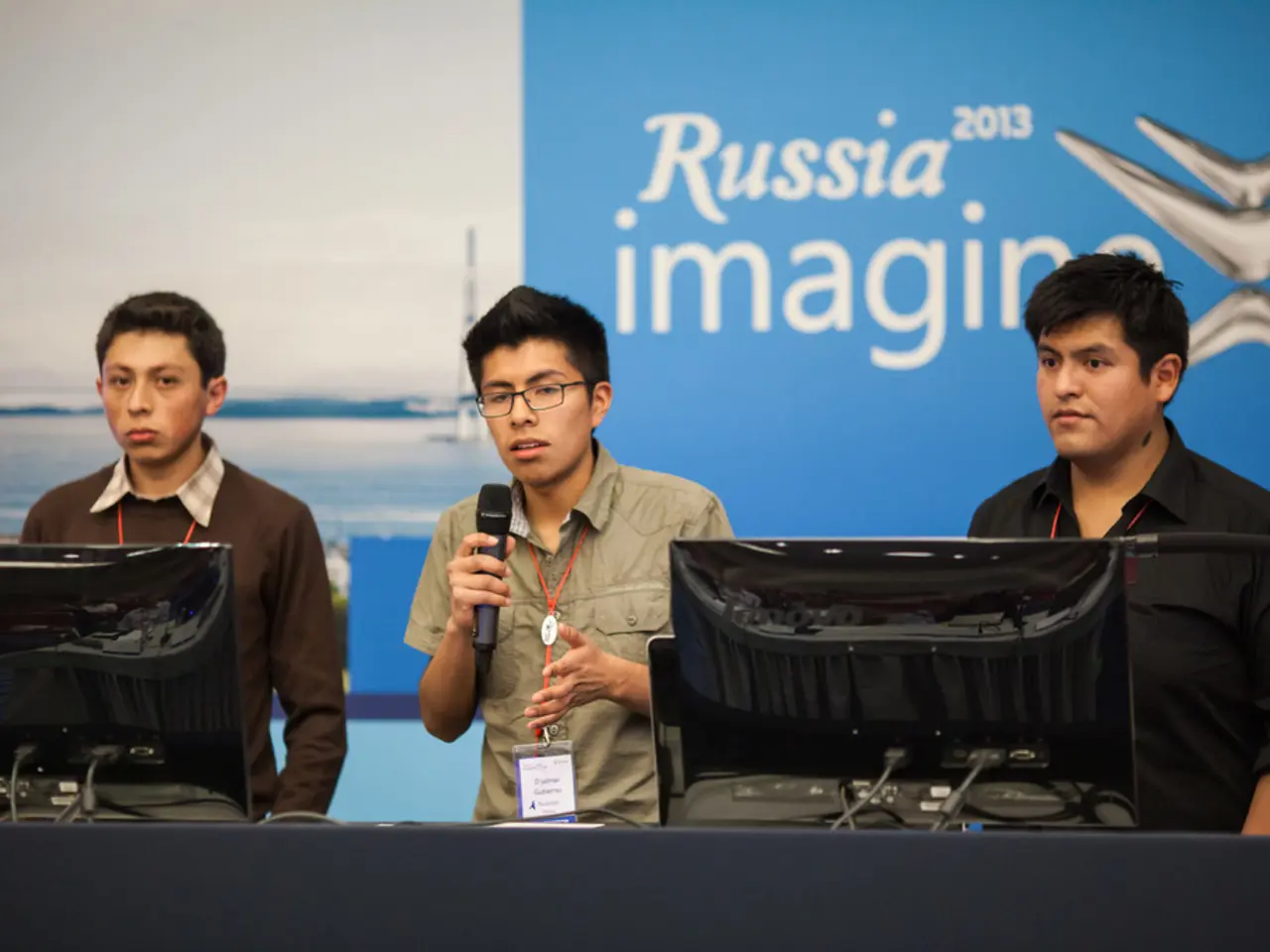Intensified internet restrictions in Russia reach a perilous escalation stage
The current state of internet freedom in Russia is highly repressive, with escalating censorship, surveillance, and controls that severely restrict free access to information and online privacy.
Recent laws signed by President Vladimir Putin in 2025 have intensified these restrictions, notably targeting the use of VPNs and other circumvention tools that Russians rely on to bypass state-imposed internet firewalls and access banned content.
Key points on the situation and the impact of these new laws include:
- New restrictive laws: A law signed on July 31, 2025, penalizes Russians for deliberately searching for "extremist" content and fines VPN service owners for providing access to banned websites. This marks an unprecedented legal crackdown on circumvention tools.
- Technological censorship infrastructure: Russia’s 2019 “sovereign internet” law enables the government to control internet traffic through mandatory installation of state-controlled equipment (TSPU) in ISPs, plus the creation of a national DNS system. This grants authorities powerful, non-transparent censorship capabilities including throttling, blocking, and internet shutdowns targeting platforms like YouTube, Signal, and Discord.
- Blocking and throttling: Since the Ukraine invasion in 2022, Russia has systematically blocked roughly 25,000 websites under military censorship, including Facebook and Instagram (labeled extremist), and throttled others like YouTube and X (formerly Twitter) to near unusability. Access to Cloudflare was blocked in 2025, cutting off a large portion of the internet infrastructure further.
- Impact on VPNs and privacy: The new laws require VPN and internet providers to collaborate with authorities or face heavy fines, while users lose privacy protections. This makes using circumvention tools legally risky and undermines online privacy substantially.
- State-controlled alternatives: The Kremlin is pushing Russian-made alternatives pre-installed on devices to replace Western apps under close state supervision, aiming to create a censored "RuNet" ecosystem immune to outside influence.
- Broader consequences: The crackdown violates international rights norms on freedom of expression, access to information, and privacy, leading to widespread internet isolation and increased state surveillance. Independent civil society groups and international actors highlight the deteriorating situation and call for support to develop tools to evade censorship.
In summary, internet freedom in Russia is under severe assault in 2025, characterized by tight legal and technological restrictions that specifically aim to undermine VPNs and other circumvention tools, effectively erecting a digital iron curtain controlled by the Kremlin.
It took over a decade for the Kremlin to take control of VK and Yandex, effectively nationalising the country’s tech giants. The new rules have caused concern among users, leading to some unsubscribing from banned channels and bloggers.
The best solution for Russian citizens to avoid punishment is to use a VPN with a kill switch feature and avoid using Russian services like Yandex and VK. However, the legal and technological landscape in Russia continues to evolve, and users must stay vigilant to protect their online privacy and access to information.
- The escalating censorship and surveillance in Russia's internet landscape has led to an analysis of the impact of new laws on VPN usage, revealing that the authorities are targeting these tools to restrict access to banned content.
- Amidst growing concerns about online privacy, technology is being harnessed not only by citizens to evade censorship but also by the Kremlin to create a state-controlled "RuNet" ecosystem, further exacerbating the digital divide in sports of information and freedom.







